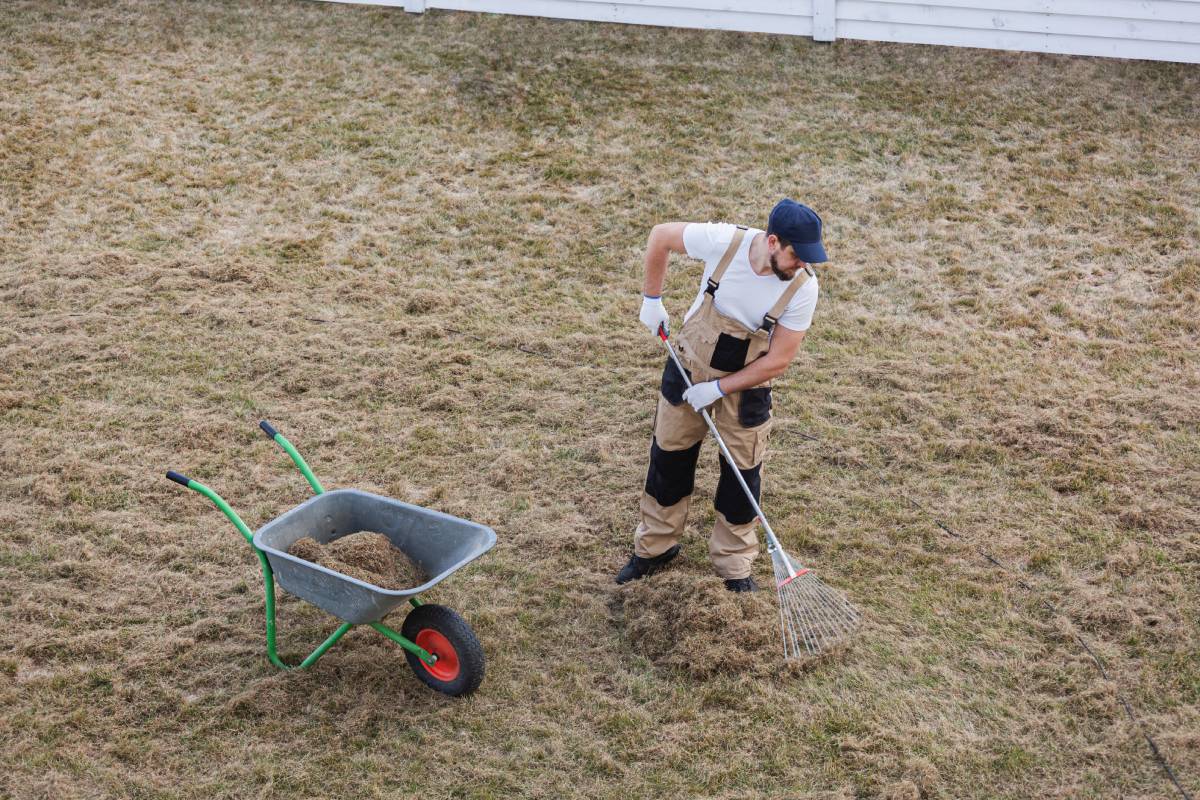
Moving interstate or relocating can already be a stressful time. Add to that the responsibility of transporting your car — one of your most valuable assets — and it’s easy to feel overwhelmed. Unfortunately, some dishonest operators take advantage of this vulnerable moment with scams that leave car owners out of pocket, without their vehicle, or both.
In Australia, the vehicle transport industry is regulated, but that doesn’t mean scammers aren’t active. Whether you’re shipping a family car, caravan, RV, or prestige vehicle, it’s important to know the red flags before handing over your keys.
This guide outlines the most common car transport scams in Australia, the warning signs to look for, and how the industry (and regulators) are responding.
1. SCAM: double brokering
One of the most common scams in car transport is double brokering. This happens when the company you book with — the “broker” — on-sells your job to another operator without your knowledge or consent.
In some cases, the second operator is legitimate, but in many cases, they are not. Dodgy carriers may not have the right insurance, accreditation, or even the proper equipment to move your vehicle safely. Worse, some may use this handover process to disappear with your car or demand extra money.
Why it’s illegal in Australia
Unlike the U.S., where regulations fall under the FMCSA, here in Australia car carriers must comply with:
- National Heavy Vehicle Regulator (NHVR) requirements for interstate transport
- Australian Consumer Law (ACL) under the ACCC for fair trading
- Road safety and insurance standards, such as Compulsory Third Party (CTP) insurance and appropriate carrier liability coverage.
If your transport company cannot provide evidence of its own insurance, fleet registration, or Australian Business Number (ABN), treat that as a major red flag.
How to avoid it
- Ask directly whether they outsource or subcontract the job.
- Request the carrier’s NHVR or fleet registration details.
- Work only with companies that clearly state they operate their own trucks, or at least disclose their partnerships.
2. SCAM: bait-and-switch pricing
We’ve all seen it: a transport company advertising a deal that seems unbelievably cheap. Often, this is a bait-and-switch tactic designed to lure you in with a low quote, then sting you with hidden charges later.
How it works
- You’re quoted a price online or over the phone that sounds competitive.
- Once your vehicle is collected, the company suddenly claims “unexpected costs” like tolls, oversized vehicle fees, fuel surcharges, or rural access charges.
- To get your car released at the delivery point, you’re forced to pay more — sometimes hundreds of dollars extra.
In the worst cases, scammers demand a large upfront deposit before vanishing with your money, never collecting or delivering your car.
How to protect yourself
- Get a written quote that itemises all fees, including GST, insurance, and fuel.
- Avoid companies that refuse to provide terms and conditions in writing.
- Never pay 100% upfront. A small deposit may be normal, but the balance should be due only after collection or on delivery.
Under Australian law, if a company makes a misleading or deceptive claim about pricing, you can report it to the ACCC or your state’s consumer protection agency.
3. SCAM: theft by deception
Sadly, outright theft does happen. In this scam, a fake or fraudulent company poses as a legitimate transporter, collects your vehicle, and never delivers it.
What it looks like
- A scammer sets up a convincing website with fake reviews, ABNs, and even photos of trucks they don’t own.
- They request payment upfront, sometimes even arriving with a truck that looks legitimate.
- Once your vehicle is loaded, they vanish — either by rerouting the delivery to a different location or disappearing altogether.
Luxury and high-value vehicles, such as prestige sedans, sports cars, and classic cars, are the biggest targets, but any car can be at risk.
Warning signs
- They refuse to show you a copy of their Carrier’s Certificate of Insurance.
- Their ABN doesn’t match the company name on the contract.
- The company’s physical address, when checked on Google Maps, leads to a vacant lot or mailbox service.
Always research the company thoroughly. A legitimate business will be listed on the Australian Business Register and will have a track record of reviews you can verify.
4. SCAM: lack of proper documentation
Documentation is everything in vehicle transport. If your transporter doesn’t provide it, that’s a massive red flag.
Essential paperwork in Australia includes:
- Bill of Lading (BOL): This document notes the condition of your car at pickup and again at delivery. It protects both you and the carrier in case of damage disputes.
- Carrier’s Certificate of Insurance: Proof that your car is covered while in transit.
- Tax Invoice/Receipt: A proper GST-compliant invoice with ABN.
Without these, you have very little recourse if something goes wrong. Some shady operators may deliberately avoid providing a BOL to hide pre-existing damage or create confusion about liability.
How to protect yourself
- Never hand over your car without a signed Bill of Lading.
- Double-check the insurance details match the carrier’s business name.
- Read all terms before signing, especially regarding damage liability and excess.
5. SCAM: “too good to be true” offers
If the deal sounds too good to be true, it probably is. Some scammers use social media ads or online classifieds to promote extremely cheap car transport — often at half the normal market rate.
The catch? Either the service doesn’t exist at all, or the operator cuts corners by:
- Using unregistered or unsafe trucks.
- Carrying no insurance, leaving you liable for damage.
- Disappearing after taking your deposit.
Realistic costs in Australia
Transport prices depend on distance, vehicle type, and delivery timeframe. For example:
- Sydney to Melbourne: around $400–$700 for a standard sedan.
- Perth to Brisbane: often $1,500–$2,500 due to distance and logistics.
Anything significantly lower than these ranges should set off alarm bells.
How the industry is responding: Australian consumer protections
While scams exist, the good news is that regulators and legitimate operators are working to protect consumers.
Key protections include:
- Australian Consumer Law (ACL): Covers false advertising, misleading conduct, and unfair contract terms. If a company scams you, you can lodge a complaint with the ACCC or your state’s fair trading office.
- National Heavy Vehicle Regulator (NHVR): Ensures carriers comply with road safety and chain-of-responsibility obligations.
- Insurance requirements: Reputable carriers hold both fleet insurance and public liability insurance. Always ask for proof.
Many trusted Australian transport companies now offer:
- Transparent, written quotes upfront.
- Online tracking for your vehicle in transit.
- Digital copies of all paperwork for peace of mind.
Final Thoughts
Your car is too valuable to risk with an untrustworthy operator. Scams like double brokering, bait-and-switch pricing, theft by deception, lack of documentation, and “too good to be true” offers are unfortunately alive and well in Australia. But with the right knowledge, you can protect yourself.
Always research the company, verify their ABN and insurance, insist on proper documentation, and be wary of unusually low quotes. If in doubt, walk away — it’s better to delay your move than to lose your vehicle or money.
By staying vigilant and only working with established, transparent carriers, you’ll ensure your vehicle arrives safely, legally, and without nasty surprises. For complete peace of mind, consider Interstate Towing AU — they provide safe, reliable, and affordable vehicle transport all across Australia to and from Melbourne.











